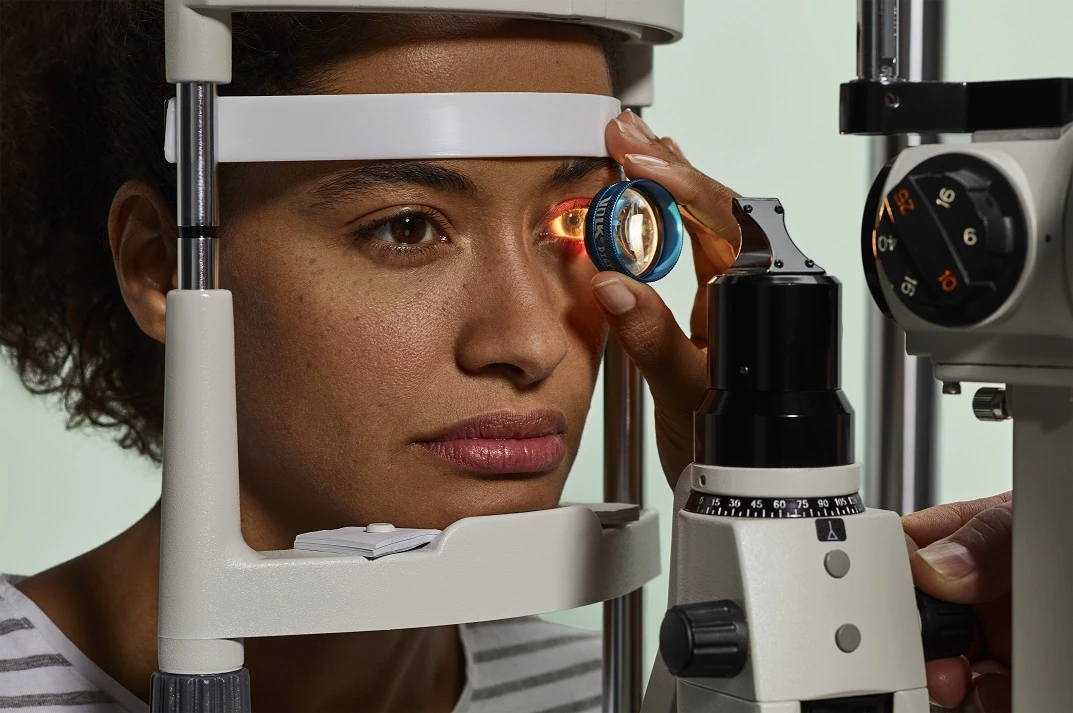
Partner Article
Less than a third of employers provide eye care for all
Specsavers Corporate Eyecare today reveals the results of research into workplace eye care provision. The comprehensive survey was conducted among over 500 HR decision makers in both private and public businesses of all sizes across the UK.
While an encouraging 61% of respondents confirmed they do provide workplace eye care, less than a third (32%) were found to provide it for all employees. The fuller figures are as follows:
Do you provide workplace eye care? • Yes, to all employees 32% • Yes, to screen users 13% • Yes, as an employee benefit 9% • Yes, to those with safety eyewear requirements 8% • Yes, to drivers 5% • No, 39%
The net figures, therefore, show that 28% of employers provide eye care to some, but not all, employees. Providing eye care to screen users alone is the most common categorisation, followed by offering it as an employee benefit or for those with safety eyewear requirements. The least likely group to be offered eye care is those who drive for work purposes.
The survey asked employers about their own visits to the optician. Nearly three quarters (74%) have had their eyes tested within the last two years – the timeframe usually recommended by opticians, depending upon the individual case.
The full results are as follows:
When did you last have your own eyes tested? This can be part of your company’s eyecare or privately. • In the last year 46% • 1-2 years ago 28% • 3-5 years 15% • 6-10 years 5% • Over 20 years 3% • Never 2% • Can’t remember 2%
This means that a net quarter (25%) of employers have not had their eye tested in the last two years.
The wider benefits of eye tests to health and wellbeing are particularly important. Routine checks with an optician allow the opportunity for irregularities to be spotted. These may include signs of serious health conditions like glaucoma, diabetes, heart conditions and even risk of stroke.
Jim Lythgow, director of strategic alliances at Specsavers Corporate Eyecare, commented: ‘The figures make interesting reading. It appears that employers do recognise the importance of eye care, both for themselves and for their employees. They do not, however, seem to be giving it the blanket approach that would benefit the maximum number of people. When considering the advantages that eye care can have to employees’ overall health and wellbeing, it can be a highly valued benefit when offered to all.’
The optician is the best person to decide the frequency of checks, but they are often only needed once every two years.
Jim Lythgow concluded: ‘To provide employees with an eye check once every two years is not onerous, particularly with eVouchers and online systems to manage the whole process. It is also not a high-cost option. It is often the case that it takes more time and effort to exclude a few people from this low-cost provision than to let everyone benefit.’
This was posted in Bdaily's Members' News section by Specsavers Corporate Eyecare .
Enjoy the read? Get Bdaily delivered.
Sign up to receive our popular morning National email for free.








 Raising the bar to boost North East growth
Raising the bar to boost North East growth
 Navigating the messy middle of business growth
Navigating the messy middle of business growth
 We must make it easier to hire young people
We must make it easier to hire young people
 Why community-based care is key to NHS' future
Why community-based care is key to NHS' future
 Culture, confidence and creativity in the North East
Culture, confidence and creativity in the North East
 Putting in the groundwork to boost skills
Putting in the groundwork to boost skills
 £100,000 milestone drives forward STEM work
£100,000 milestone drives forward STEM work
 Restoring confidence for the economic road ahead
Restoring confidence for the economic road ahead
 Ready to scale? Buy-and-build offers opportunity
Ready to scale? Buy-and-build offers opportunity
 When will our regional economy grow?
When will our regional economy grow?
 Creating a thriving North East construction sector
Creating a thriving North East construction sector
 Why investors are still backing the North East
Why investors are still backing the North East